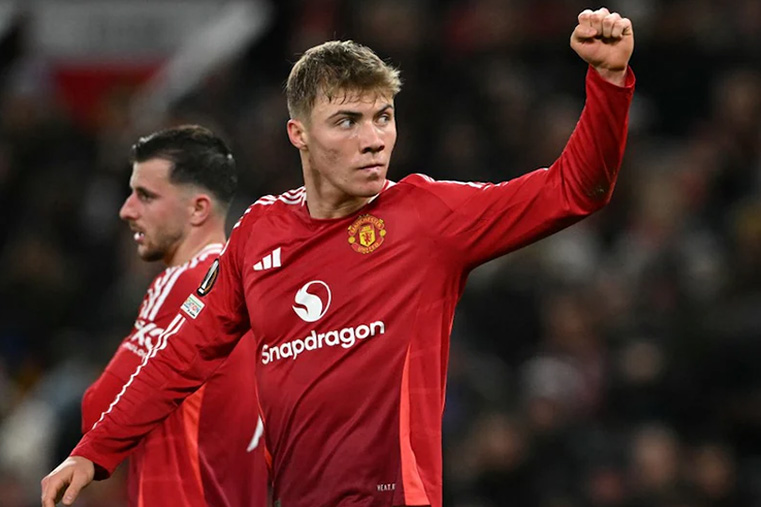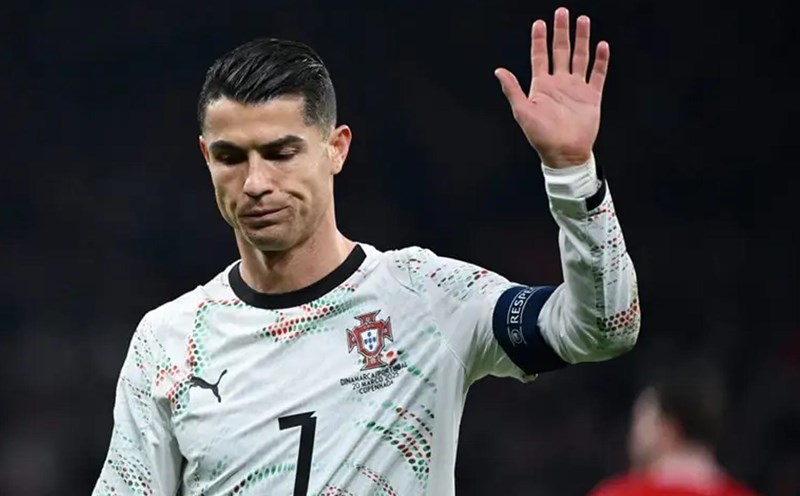In another match, Rasmus Hojlund was mentioned for his unfortunate missed opportunities in the Manchester United shirt. The Danish striker's disastrous form and confidence seemed to have hit rock bottom, continuing against Wolves.
The Red Devils have failed to score in their ninth Premier League game in 22 games under manager Ruben Amorim. Leicester City are the only team in the league with a worse record than Man United in the same period.
"If you look at the recent matches, there are many of our players who missed big chances, not just Rasmus Hojlund. Of course, Hojlund is a striker and must score. That is his main task, but it is also a collective issue.
I said, the whole team needs to score more goals, and I can't blame Hojlund alone for the missed ones," Amorim said after the defeat to Wolves.
Amorim refused to put all the blame on Hojlund. However, the 22-year-old plays the biggest role as a "number 9" that he supports, rather than other quality options.
The Danish striker has played in 31 matches for Man United this season as a key striker. He has only scored a total of 6 goals, including 1 goal in 2025.

The statistics will highlight one of Hojlund's common problems, which is his lack of participation in the general play. 14 touches in the loss to Wolves, meaning Hojlund touches the ball once every 5 minutes. Four of those were in the Wolves box, just one more than Mason Mount - who came on in the last half hour.
For a £64m striker, Hojlund is showing little signs of a potential striker after nearly two seasons at Old Trafford.
Of course, Hojlund cannot be blamed for Man United's loss. Wolves' finishing ability was extremely effective, when they scored the decisive goal from the only shot on target. However, that only added to the pain and raised questions about Hojlund's contribution in the coming season.
This was not the worst performance of the Old Trafford team under Amorim. They played quite tightly in defense, while also creating many dangerous opportunities. But without a good striker, it won't make much of a difference.
"This is the responsibility of the whole team. Of course, we have calculations about what the team needs. Look at the current system, we often use at least 3 attacking players and there are also midfielders who have the ability to score.
The whole team must improve their scoring efficiency. If you can't turn your chances into goals in a tough league like the Premier League, you can't win," Amorim added.











